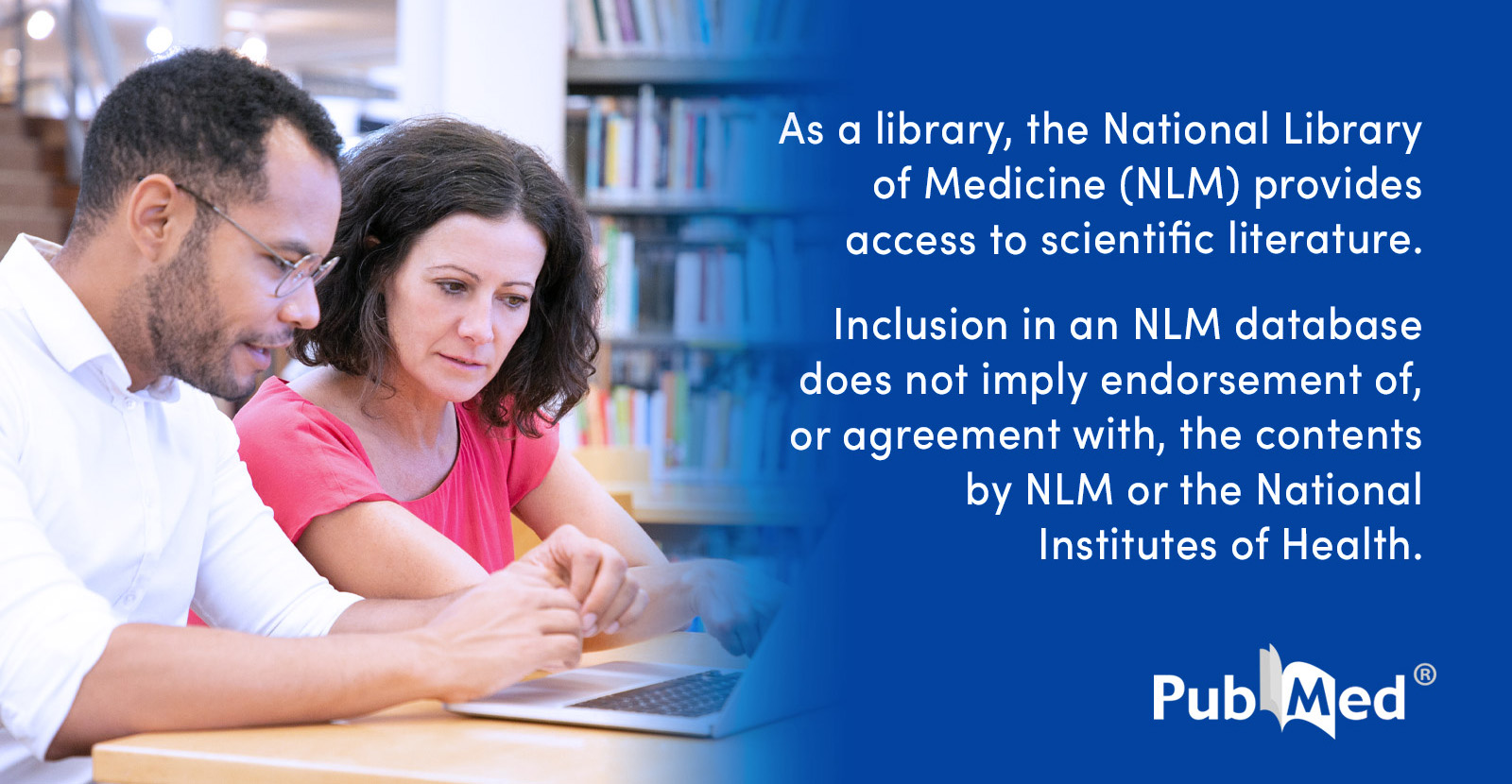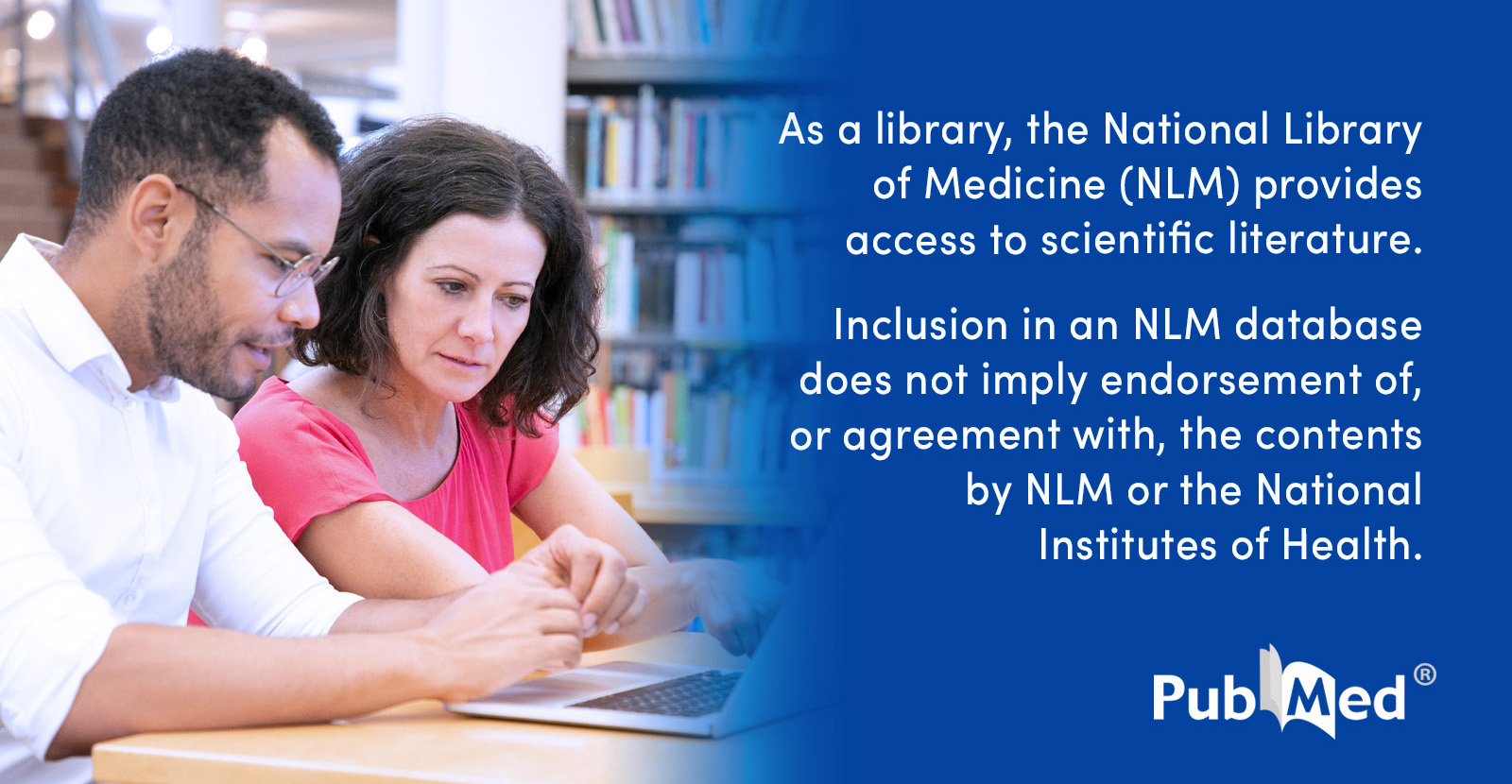The Society of Behavioral Medicine supports an increase in funding for Medication-Assisted-Treatment (MAT) to address the opioid crisis.
Autor: Spas, Jayson J.; Buscemi, Joanna; Prasad, Ravi; Janke, E. Amy; Nigg, Claudio R.
Publication year: 2020
Translational behavioral medicine
issn:1613-9860
doi: 10.1093/tbm/ibz004
Abstract:
Opioid use has become an epidemic in the USA. Although there are safe uses for opioids to help manage acute pain, the effects of long-term use and any misuse of opioids can have grave outcomes, including death. To provide an empirically based “ask” for increased funding from the federal government to increase the reimbursement for and the integration of the behavioral component of Medication-Assisted-Treatment (MAT) for opioid use disorders, current policy was reviewed and important gaps in funding and treatment fidelity were identified. Current barriers to treatment include a dearth of treatment programs and a greater emphasis on and reimbursement for the pharmacological component of MAT only, leaving the behavioral component largely underfunded. We recommend additional funding to (a) increase the availability of and coverage for MAT that combines both pharmacological and behavioral components and (b) support the scientific inquiry into the factors that contribute to, maintain, and exacerbate opioid-related issues. We also recommend declaring the opioid epidemic a national emergency and not just a public health emergency, which would provide immediate access to billions of dollars in federal dollars to fund treatment programs.
Language: eng
Rights: © Society of Behavioral Medicine 2019. All rights reserved. For permissions, please e-mail: journals.permissions@oup.com.
Pmid: 30690582
Tags: Humans; Treatment; Analgesics, Opioid/therapeutic use; Public Health; *Behavioral Medicine; *Opioid-Related Disorders/drug therapy/epidemiology; Behavioral integration; Funding; Opioid; Opioid Epidemic
Link: https://pubmed.ncbi.nlm.nih.gov/30690582/








